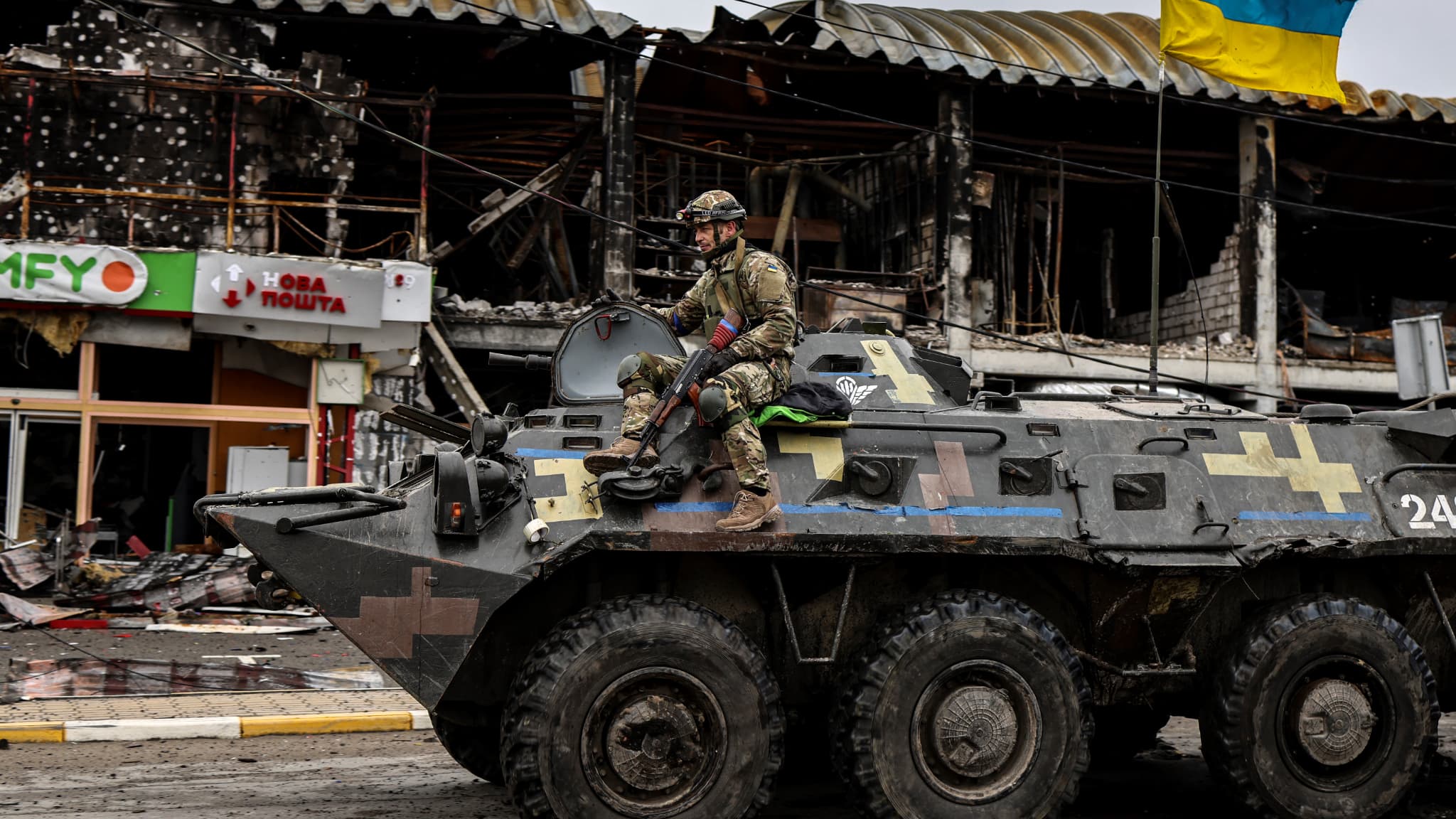
#Morocco : About one million vehicles were produced in Africa by 2021, according to the International Organization of Motor Vehicle Manufacturers (OICA). South Africa and Morocco account for over 90% of this production and the kingdom remains the largest passenger car manufacturer on the continent.
This means that Africa, despite representing 17% of the world’s population, is barely featured in the world of car manufacturing, with the exception of two countries: South Africa and Morocco. Indeed, according to OICA data, these two countries will produce almost all vehicles built in Africa in 2021, a year which, although marked by the health crisis, which weighs heavily on certain small producers on the continent, in particular because of the obstacles linked to to health limitations.
Nevertheless, according to OICA data, the four African countries listed by the organization – South Africa, Morocco, Egypt and Algeria – produced a total of 931,056 units.
>>> READ ALSO: Car manufacturing: South Africa and Morocco as locomotives
South Africa is the largest producer of vehicles on the continent with 499,087 units assembled in 2021, compared to 447,213 units in 2020 and 631,921 units in 2019. A decline mainly explained by the effects of the Covid-19 pandemic in the past two years. year that had an impact on the South African automotive sector. The country most affected by the pandemic on the African continent.
In detail, South African production consists of 239,267 passenger car units and 259,820 commercial and industrial vehicles.
South Africa, where its first car assembly line was established in 1924, has many branches of major companies in the global car manufacturing sector. The country has about ten manufacturers including BMW, Chrysler, General Motors, Fiat, Ford, Toyota, Volkswagen, Mercedes-Benz, Isuzu, Renault-Nissan, Man, Tata, DAF Trucks, FAW,…
>>> READ ALSO: Algeria. Car production: when Tebboune reprimands Renault for the success of its Moroccan factory
However, the local South African production, which has been affected by the pandemic for the past two years, suffers from several problems: power cuts, economic crisis, competition from small assembly units in Africa (Ghana, Nigeria, Namibia, Rwanda, …) , distance to major markets (United States, Europe,..),…
Morocco follows behind South Africa with 403,007 units produced in 2021, a 23% increase in volume compared to the previous year. In detail, Moroccan production includes 338,339 passenger cars and 64,668 commercial vehicles. Thus, the kingdom maintains its position as African leader in private vehicle construction largely ahead of South Africa (239,267 units). As a leader in this segment since 2017, the gap in passenger car production should widen further with the increase in production at the PSA plant. It suffered from the health crisis linked to the Covid-19 pandemic that hit the global automotive sector.
>>> READ ALSO: Automotive: Egypt prepares to start production of electric cars
But unlike South Africa, Morocco has only two established global automakers. These are the French groups, Renault, in Tangier and PSA, in Kenitra. The Renault Tanger plant in Melloussa is the largest car factory in Africa with a capacity of 340,000 units per year. With the Renault units in Tangier and Casablanca (Somaca) and the PSA unit in Kenitra, Morocco has an installed production capacity of more than 650,000 units per year.
The Moroccan automotive industry enjoys many advantages: the existence of an automotive ecosystem with more than 350 equipment manufacturers, suppliers and subcontractors, geographical proximity to the European market, the existence of vocational training centers, political stability and economic , the existence of high-quality infrastructure (port of Tangier Med, railways, highways, etc.), tax incentives and benefits offered to investors, etc.
>>> READ ALSO: Algeria. Auto Fiasco: No New Cars, No Spare Parts and Desperate Dealers
For the coming years, the Moroccan authorities aim to have 1 million units produced on Moroccan soil by attracting new manufacturers. Toyota, Hyundai, Ford, Volkswagen and Chinese manufacturers are being targeted.
Far behind South Africa and Morocco, the other African automakers are still dwarfs, even if many countries on the continent are willing to integrate the sector.
Thus, according to data from the International Organization of Motor Vehicle Manufacturers, Egypt ranks third among automakers in the continent, with however a low production of only 23,754 vehicles produced in 2021. However, many manufacturers are based in the country: BMW , General Motors , JAC, PSA, Deawoo, Ford,… And the country has about twenty assembly units with a cumulative annual production capacity of 300,000 units and about 300 auto parts suppliers and subcontractors. However, car production does not follow.
>>> READ ALSO: Automotive industry: how Ghana is slowly becoming a vehicle assembly hub
The country is failing to realize its enormous potential. Several car construction projects have been announced in recent years. In 2019, the Japanese company Nissan and the automaker El Nasr Automotive Manufacturing signed an agreement with the goal of producing 100,000 vehicles per year. In 2021, El Nasr also announced the production of electric vehicles, on a large scale, from August 2022, in collaboration with the Chinese company Dongfeng Motors Corporation. This unit should start in August 2022 with an initial production of 50,000 units per year. These vehicles should gradually replace conventional taxis in major cities and reduce pollution.
Finally, for Algeria, car production in 2021 was only 5,208 units. One volume alone bears witness to the fiasco of the country’s auto industry, which has nearly shut down since late 2019.
Several car assembly units have been closed (Volkswagen Kia, etc.) due to lack of opportunities to import car kits. Others are on hold due to the arrest of their mentors imprisoned as part of the lawsuits filed against the oligarchs close to the former Bouteflika regime.
>>> READ ALSO: Automotive: Tunisia plans to boost component exports to $4.64 billion
As a result, production, which had reached 180,000 units in 2018, fell to 60,012 units in 2019, to 754 units in 2020, and then rises to 5,208 units in 2021, influenced by the leaders’ policies that ended. the mounting masquerade with imported car kits. Indeed, some car assembly units imported fully assembled cars, which sometimes only lacked the wheels to be assembled in Algeria and thus without any local added value. However, no credible alternative has been offered to the automotive assembly sector since the end of 2019. And all units have stopped except that of Renault Production Algérie which is currently working in slow mode.
>>> READ ALSO: Africa’s richest man diversifies into car assembly
Besides these 4 countries, Nigeria, Ghana, Kenya, Rwanda, Namibia, Ivory Coast, etc. have started assembling cars. Production remains insignificant worldwide. The health crisis has had a major impact on the sector. However, Nigerian production could rise sharply from this year with the entry of Aliko Dangote, Africa’s richest man, into the car assembly sector.



